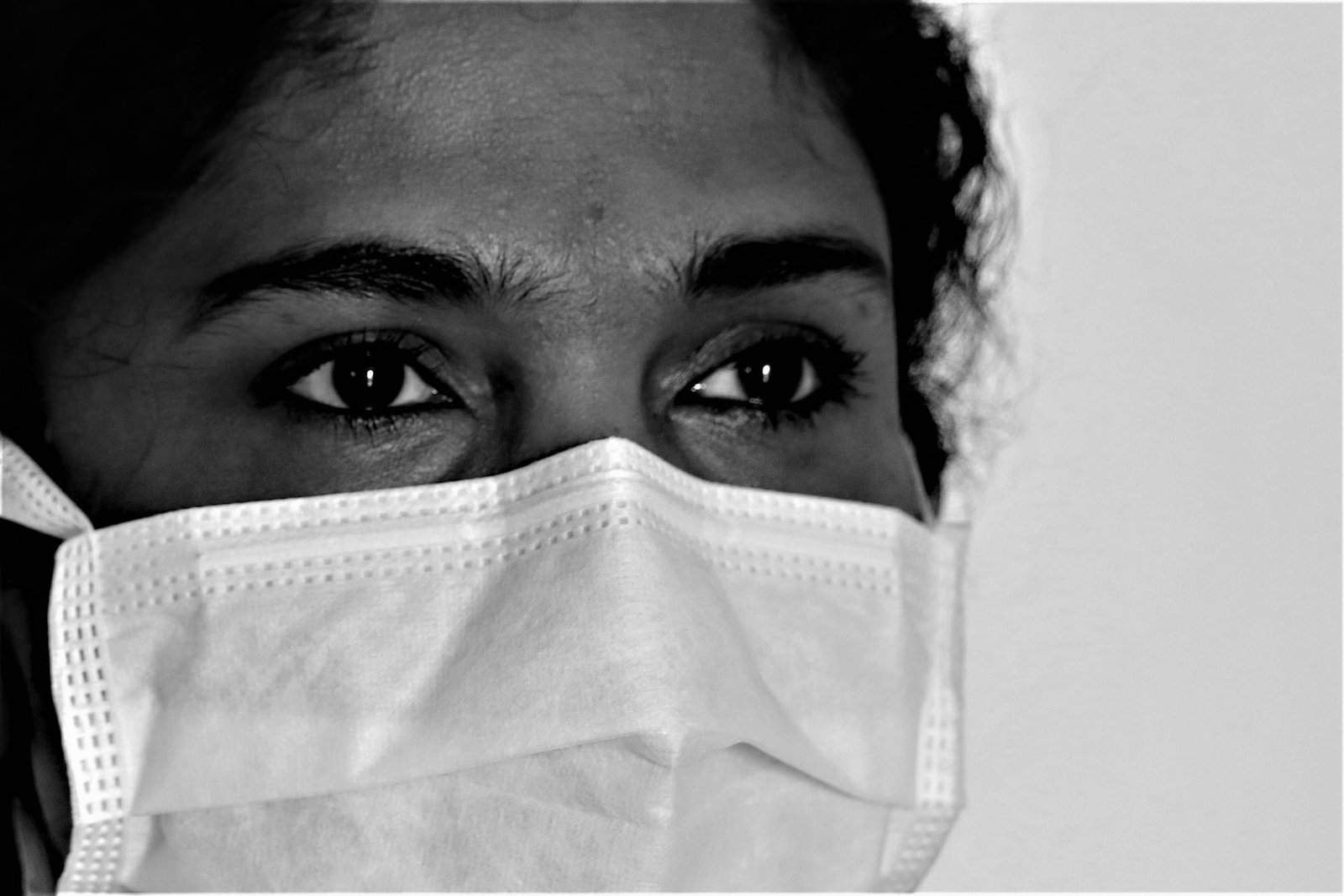In Ventimiglia, migrants live in squalid conditions, stuck in limbo, as they try to cross the border from Italy to France.
By Marlene Auer
The colourful houses of Ventimiglia’s old town cluster tightly on a mountain, overlooking the Italian Riviera on the one side and the mountains on the other. The river Roya – which makes its way down from the French mountains to flow into the sea here – divides the city into two parts. For several years Ventimiglia has been a transit spot for migrants on their way to France, Germany and England. Under a bridge that serves as a motorway access for cars and trucks on their way to Nice, simple tents and few makeshift huts cover the muddy ground next to the bank of the Roya, vis-á-vis Ventimiglia’s postcard panorama.

Even though the similarity of the name Ventimiglia to the phrase “venti miglia”, which is Italian for twenty miles is only coincidental, the closeness to the French border is omnipresent as many people try to cross it night by night, by train, on foot and if they are able to pay the smugglers, in the trunk of a car.
While staying in Ventimiglia we crossed the border several times a day and despite the police checkpoint, effortlessly. What is often taken for granted by EU citizens becomes a dangerous obstacle for people on the move who endure inhumane circumstances for weeks, even months to overcome it.
For the currently around 100 – 150 men, and some women and children nevertheless, reaching France is a nightly cat and mouse game after which most are forcefully returned to Italy the same night or the next day. A young man from Eritrea tells us that during his almost nightly attempts he has even been slapped in the face and bullied by border forces before being pushed back to Italy. Those unlucky enough to be picked up by the police at the wrong time might even find themselves on a bus deporting them to southern Italy – just to start another journey up North, to France, Germany or faraway Britain.
The makeshift camp close to the city centre is currently tolerated by the police but not even basic support is provided by the public authorities leaving people without sanitary facilities, access to drinking water and medical assistance. Different international volunteer groups and local NGOs are doing their best to offer people at least a warm meal per day, clothes, tents and blankets. According to them, the atmosphere among the residents of the small Italian town has become more hostile, especially after the Italian parliamentary election in March which was a success for populist and right wing parties. “Open racism is now socially accepted”, says a volunteer who keeps coming to Ventimiglia during the weekends to help out.
The high police presence in the city and especially right in front of the makeshift camp increases migrants fear of being arrested and deported; many are scared to move freely within the city. Their access to medical and social support is therefore limited. Furthermore the continuous police detachment stigmatises the camp and its inhabitants despite the overall peaceful atmosphere among the migrants that we have witnessed while spending days inside the camp.
Aside from the unofficial settlement under the bridge, an official shelter run eight kilometres outside the city is said to provide more humane conditions. The container facility run by the Red Cross only provides shelter though to those registered in Italy. Along with the Dublin procedure, refugees who first register in here cannot seek asylum in another EU country and will always face deportation back to Italy. Those who can, prefer to stay under the bridge instead but due to the harsh conditions and lack of donated sleeping bags and tents, single women and families with children often have no other choice but to seek shelter in the official camp.
The failure of Ventimiglia’s municipality makes one thing clear: migrants are not welcome, and it appears that authorities and decision makers are doing their best to make the conditions for people in transit unbearable. The consequences are dramatic: when short on money people drink from the heavily polluted Roya, diseases spread rapidly due to bad hygienic conditions. On top of that, the atmosphere around the camp is tense, though partly the residents’ anger is simply caused by the trash littered in an around the camp. To remedy this, volunteers put up makeshift trash cans and empty them without support from official services.
Places like Ventimiglia show the ugly truth of Europe’s incapacity to take responsibility for what can briefly be simplified described as a consequence of a global system based on inequality. Even on a local basis, humanitarian action and solidarity is largely undermined if not criminalised. The overall negligence of the situation by the local authorities puts the most vulnerable groups like minors, women and LGBT people at risk of exposure to violence, sexual exploitation and human trafficking.
Concerning those who are waiting for their chance in Ventimiglia, one thing is clear: Nobody wants to remain in Italy. They will continue searching for the Europe where they will get the chance to live a self-determined life in dignity. For some it’s Germany or France, for others, England. Others have become resigned after several deportations and years of an odyssey, they know: this Europe doesn’t exist, for them.






Hello, can you please pass me some info about the organizations working in the area? I am planning to organize a solidarity trip of volunteers to help out in the field, bring donations etc. Thank you